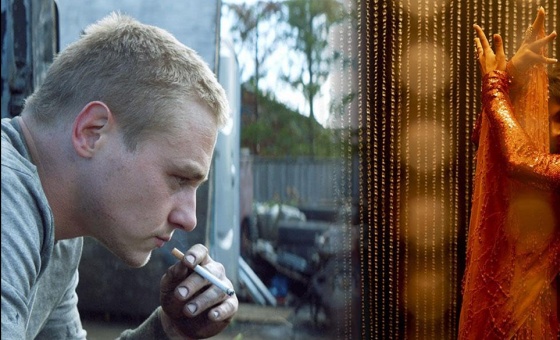This is the last article you can read this month
You can read more article this month
You can read more articles this month
Sorry your limit is up for this month
Reset on:
Please help support the Morning Star by subscribing here
THE British Medical Association (BMA) said ministers had failed to “simply listen” to junior doctors again as they returned to work following their five-day strike in England today.
It is expected that tens of thousands of appointments, procedures and operations were postponed as a result of their 11th walkout in 20 months.
Officials are expected to confirm the number the day after voters take to the polls in the general election tomorrow.
BMA council chairman Professor Philip Banfield said: “This week the Prime Minister sadly declined to make a commitment to fair pay.
“This government has failed junior doctors once again, as they have done across a decade of mismanagement of the health service.
“A refusal to simply listen to front-line staff and deal with chronic workforce shortages has led to waiting lists at scandalous lengths and an NHS at the point of collapse.”
Junior doctors are calling for a long-term settlement to restore their pay which they say has fallen by more than a quarter in real terms over the last 15 years.
They say a 35 per cent increase is needed to bring it from £15 to around £21 per hour.
“After 11 rounds of strike action in the face of ever-declining value of their pay, doctors have now emphatically shown they will not take it lying down,” Prof Banfield added.
“It will be for the government elected this week to take a new direction — one of collaboration not conflict with NHS staff, one where the health service gets the investment it needs, and where healthcare in this country gets an injection of the medicine it has sorely been lacking — hope.”
NHS Confederation chief executive Matthew Taylor said tens of thousands of operations and appointments are likely to have been cancelled during the strike.
“We hope that the next government can restart negotiations and bring this dispute to an end so the NHS can focus on improving performance and cutting waiting lists rather than filling rota gaps and rescheduling appointments,” he added.
NHS Providers deputy chief executive Saffron Cordery said: “This strike may have ended but more could be on the horizon unless the next government resolves the NHS industrial disputes as a matter of urgency.
“Damaging and demoralising strikes must not become the status quo for the NHS and patients.”











